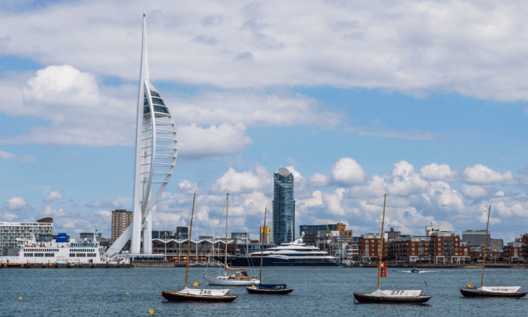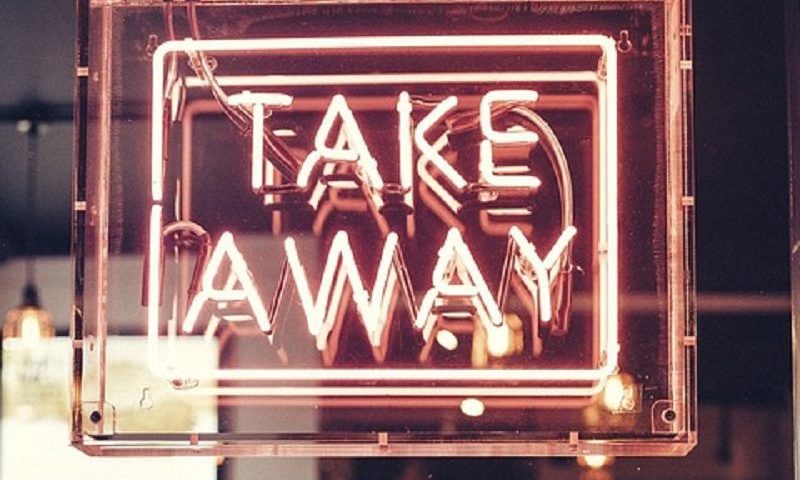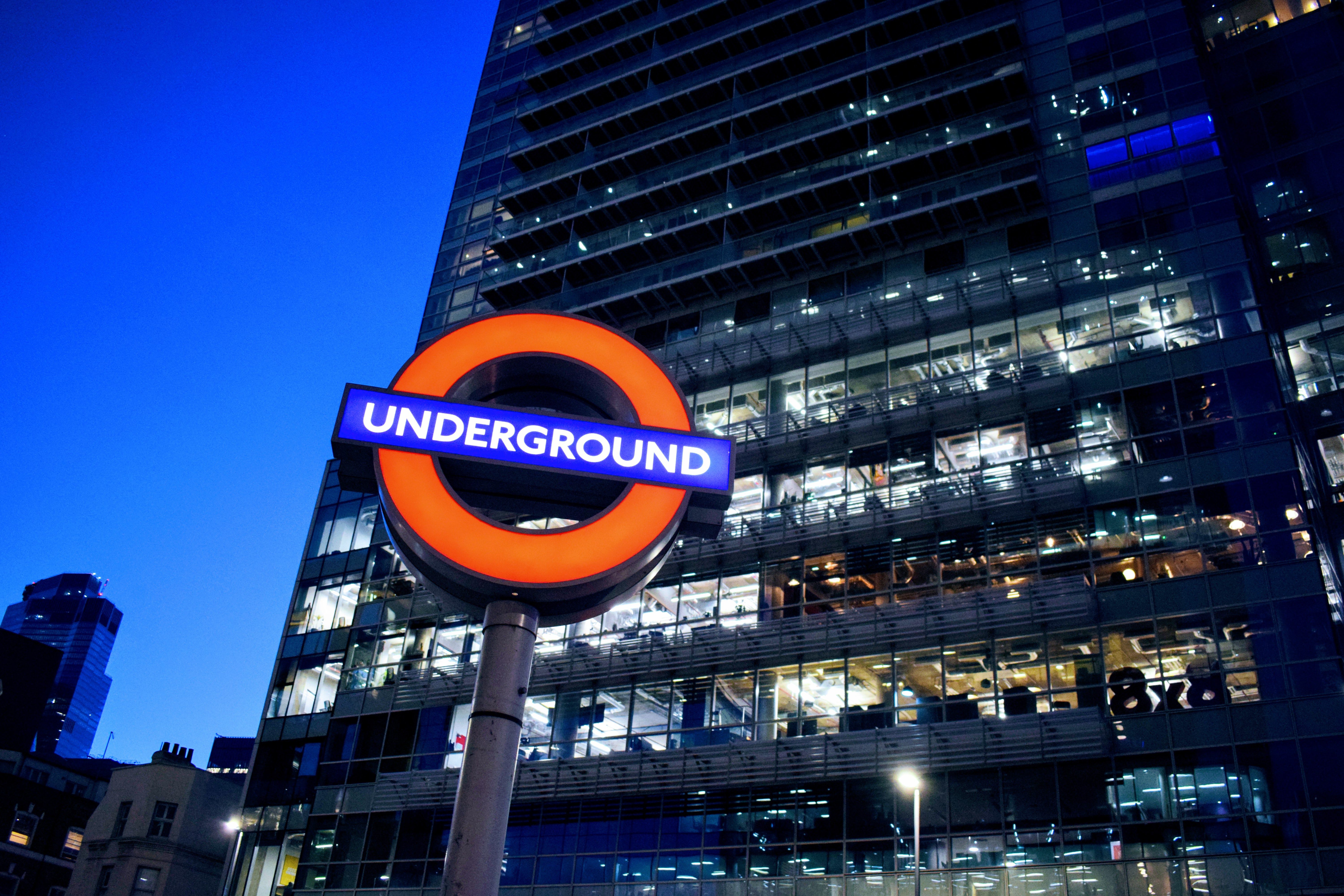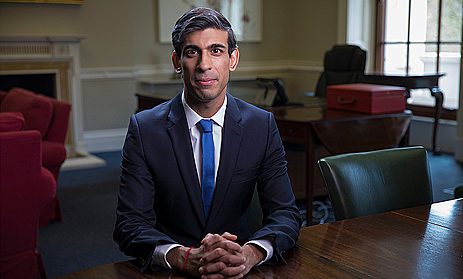Register to get 2 free articles
Reveal the article below by registering for our email newsletter.
Want unlimited access? View Plans
Already have an account? Sign in
UKHospitality, the country’s leading hospitality trade association, has branded the extension a “damaging blow” to an industry already dealing with the repercussions of the pandemic and a series of national rail strikes.
The late-night levy was first introduced in 2014 to offset the costs of policing late-night activity. The recent extension allows local authorities to create smaller late-night levy areas within their local authority boundaries and also apply the levy to sites such as cafes and takeaways.
UKHospitality, however, has pointed out that the basis for the extension is “seven years old and horribly out of date,” according to its CEO, Kate Nicholls. The late-night economy has already been a significant contributor to the levy, paying hundreds of thousands of pounds last year. The extension to include more venues only further strains an industry already struggling to return to pre-pandemic levels.
This new measure comes at a challenging time for the hospitality sector, which has been battered by a 14% decline in turnover compared to pre-pandemic levels. Furthermore, the sector is grappling with the adverse effects of national rail strikes, predicted to cost it £132 million.
Despite the seemingly good intentions behind the original introduction of the late-night levy — mitigating the cost of policing late-night activity — the practical implications for the hospitality sector have been contentious. Some view the move as penalising an industry that is vital for both local economies and community life.
It’s important to note that criticism of the extension isn’t universal. The Campaign for Real Ale (CAMRA) has described the move as a “step in the right direction,” since it allows local authorities to apply the levy to smaller, more specific areas. Yet, even CAMRA’s endorsement comes with a caveat, calling on the government to abolish the “unfair” levy due to its negative impact on well-run and responsible establishments, which are central to community life.
In conclusion, while local authorities may welcome the extension of the late-night levy as a valuable source of revenue, its impact on the hospitality sector is far from beneficial. The extension, combined with other sector-specific challenges, may continue to hamper recovery in a post-pandemic world.
The government will need to balance its fiscal policies with the realities faced by businesses on the ground, especially in sectors already facing substantial challenges. In a world slowly coming back to its feet after a global health crisis, the importance of supporting sectors that foster community and social cohesion, like the hospitality industry, cannot be overstated.




















